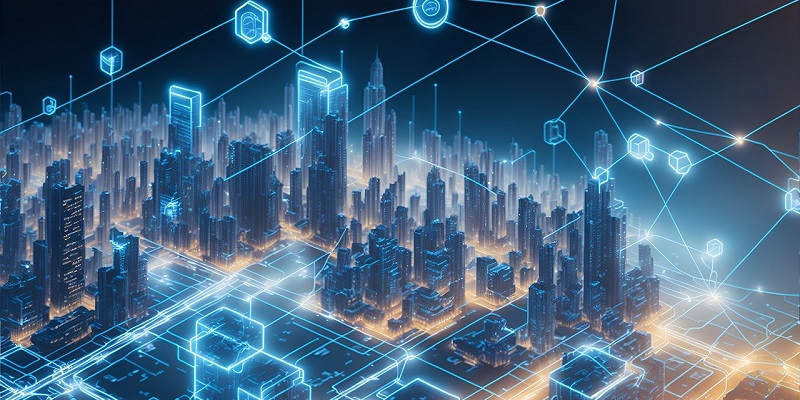In recent years, Artificial Intelligence (AI) has rapidly grown and become a pervasive force that has revolutionized various aspects of our society. With its ability to create intelligent machines that can mimic human behavior and perform tasks more efficiently than humans, AI has become an integral part of our lives.
The primary goal of AI is to create machines that possess the ability to think, reason, and learn like humans. By mimicking human behavior, AI aims to enhance our lives by improving efficiency and productivity in various domains. Machines equipped with AI can surpass human limitations, making them indispensable for tasks ranging from data analysis to decision-making.
At the heart of AI lies machine learning, which focuses on using algorithms and statistical models to enable computers to learn from data without explicit programming. This ability to learn and make predictions or take actions based on data is a fundamental concept in AI. By constantly analyzing and adapting to new information, machines equipped with machine learning algorithms become increasingly intelligent over time.
Neural networks and deep learning techniques have played a pivotal role in advancing AI capabilities. These techniques allow machines to recognize patterns, make complex decisions, and continuously improve their performance over time. As neural networks become deeper and more complex, machines can develop a deeper understanding of the data they analyze, leading to improved accuracy and efficiency in tasks such as image recognition, natural language understanding, and predictive analytics.
Another crucial aspect of AI is Natural Language Processing (NLP). This technology enables machines to understand and interpret human language, facilitating communication between humans and machines. NLP has fuelled the development of virtual assistants, chatbots, and language translation tools, making interaction with technology more intuitive and seamless.
The impact of AI extends to various industries, revolutionizing processes and providing valuable insights from vast amounts of data. Automation and optimization have become possible in industries such as manufacturing, transportation, and healthcare, leading to increased efficiency and reduced costs. AI-powered data analysis enables businesses to unlock valuable insights, enhancing decision-making and driving innovation. AI has also been integrated into customer service, marketing, and finance, providing personalized experiences and streamlining operations.
The evolution of AI has been nothing short of remarkable. From a concept confined to the pages of science fiction, AI has rapidly become an integrated technology in our daily lives. This transformation is driven by advancements in computing power, the availability of vast amounts of data, and breakthroughs in algorithms.
Neural networks and deep learning algorithms have marked significant milestones in the evolution of AI. These advancements have unlocked new capabilities and pushed the boundaries of what machines can accomplish. By enabling machines to process complex data, recognize patterns, and make informed decisions, neural networks have propelled AI into new realms of innovation and problem-solving.
The future of AI holds exciting possibilities. Researchers and experts are continuously working on developing more sophisticated algorithms that can further enhance AI capabilities. Integration with Internet of Things (IoT) devices will result in a highly interconnected network of intelligent machines, enabling seamless communication and smart decision-making. Furthermore, the exploration of Artificial General Intelligence (AGI), where machines possess human-like cognitive abilities, remains a fascinating area of study and has the potential to revolutionize our society even further.
In conclusion, artificial intelligence has emerged as a transformative force, revolutionizing various industries and impacting our daily lives. Its ability to create intelligent machines, learn from data, and understand human language has opened up a world of possibilities. As AI continues to evolve, we can expect more sophisticated algorithms, seamless integration with IoT devices, and the pursuit of artificial general intelligence. The future of AI holds tremendous promise, and we eagerly anticipate the new horizons it will unlock for us in the years to come.

